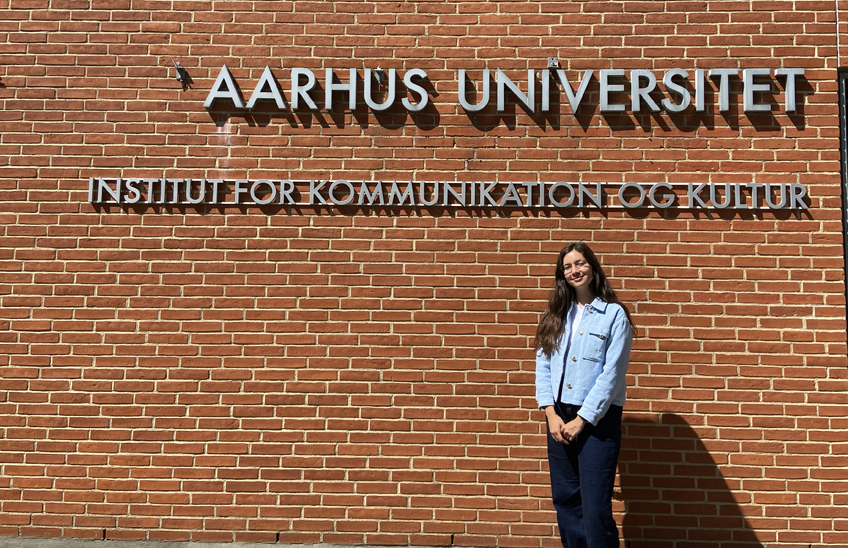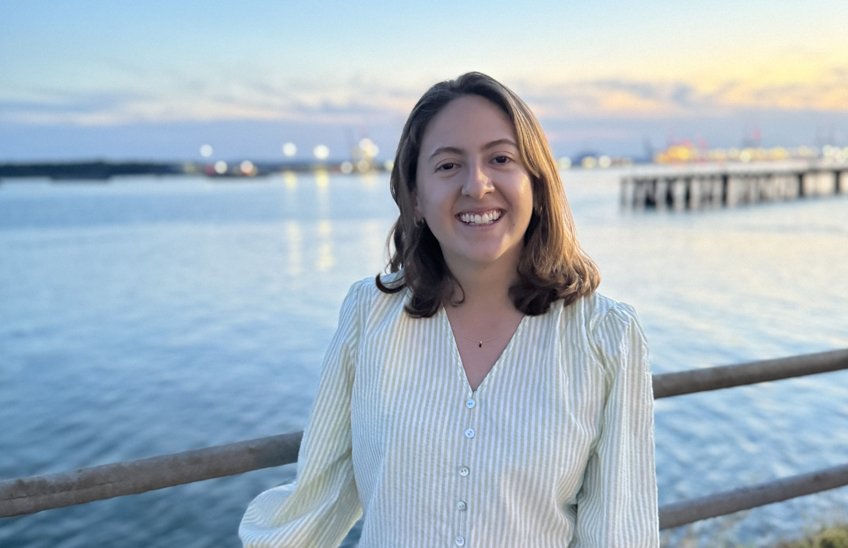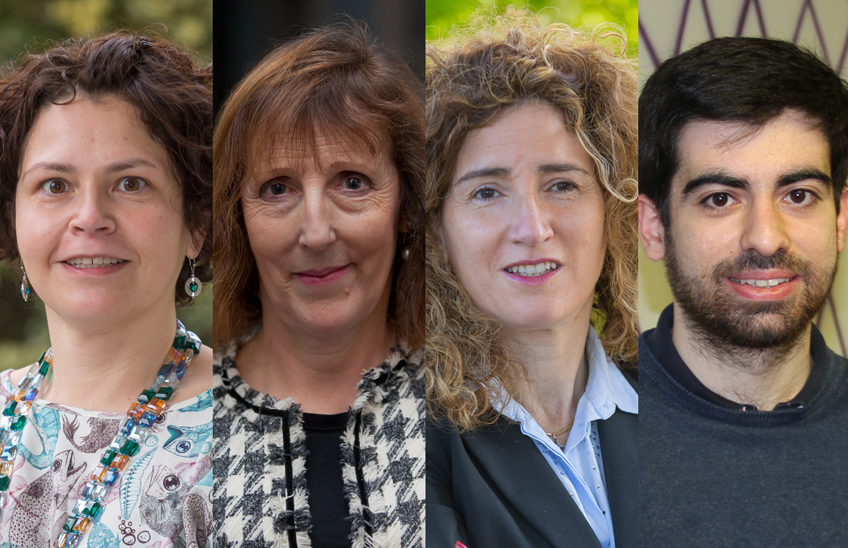The Pallium palliative care training program arrives in Navarre to train 160 professionals of the Navarra Health Service
Co-funded and promoted in Spain by the ICS and the Dignia Foundation, it has already provided training to primary care and nephrology professionals in Vitoria, Madrid and Navarra.

PhotoIñigoAlzugaray/José Pereira, director of the Pallium project in Spain; Paloma Grau, Vice President of research and Sustainability of the University of Navarra; Fernando Domínguez, Minister of Health of the Government of Navarra; and Jon Guajardo, General Manager of the Navarra Health Service-Osasunbidea.
18 | 11 | 2025
The Navarrese Health Service-Osasunbidea and the Institute for Culture and Society (ICS) of the University of Navarra have signed an agreement to offer ten editions of LEAP (The Essentials of Palliative Care) courses to train 160 professionals from different categories and levels of care in basic palliative care competencies. The training, part of the Palliumproject in Spain, is offered to primary care teams in Navarra and services of the University Hospital of Navarra (HUN).
The signature the agreement was attended by the Minister of Health of the Government of Navarra, Fernando Domínguez, and the Vice President of research and Sustainability of the University of Navarra, Paloma Grau, accompanied by the General Manager of the SNS-O, Jon Guajardo, and the director of Pallium Spain, José Pereira, researcher of the Global Observatory of Palliative Care ATLANTES of the ICS.
Pallium is an international program that was born in Canada. In addition to basic training , it offers a cultural change in the care of people with palliative needs. Its objectives include raising awareness among professionals, promoting the identification of needs and symptom control, and facilitating early attention and care with a comprehensive approach .
The project arrived in Spain in June 2024, thanks to the Dignia Foundation and the University of Navarra. During the first year, its organizers adapted courses and learning materials and trained more than 30 trainers, "the facilitators". The program kicked off in June in Vitoria where a total of 15 primary care physicians were trained in palliative care by Dr. Alberto Meléndez, nurse Miren Iosune Martínez, Dr. Marcos Lama Gay, Dr. Iñaki Saralegui and Dr. María José Almaraz.
Subsequently, in September, the program came to Madrid, where 15 physicians from nephrology units from all over Spain, including the Balearic and Canary Islands, were trained. The facilitators were Alberto Alonso (head of Palliative Care at La Paz), Rosa Sánchez (head of Nephrology at the Villalba HUG) and Nuria García and José María Mora (CUN Nephrology). Subsequently, it has arrived in Navarra where it has started with a training for primary care in the health center of Isaba-Valle del Roncal and in different centers of the Pamplona area (Barañain, Casco Viejo, Santesteban, Elizondo, Orkoien, Mutilva, Burlada, Segundo Ensanche, Milagrosa, Peralta, Tafalla and Isaba) aimed at professionals of Medicine, Nursing and Social work .
Dr. Marcos Lama, scientific director of the Pallium project in Spain, is grateful for "the involvement of the Navarra Health Service, since it means the opportunity to provide basic training in palliative care in a transversal way in the system, which is a new initiative, a pioneer in Spain. The ultimate goal of the project is that anyone who needs a palliative approach can have it".
In Spain, and in the Autonomous Community of Navarre, there is an inverted pyramid, with an aging population and therefore a high burden of chronicity. Thus, 9 out of 10 will die of a chronic disease in the coming years. "It is necessary for healthcare teams to have a palliative approach at the individual level as professionals, but also as teams and as a healthcare system. This results, as has already been demonstrated in Canada, in a better quality of life for patients and families, a reinforcement in the confidence of professionals when dealing with end-of-life situations and greater job satisfaction, and an economic benefit for the system," claims Mara Castillo, nurse and president of the Dignia Foundation.
For her part, Lourdes Dorronsoro, head of the Healthcare Effectiveness and Safety Service of the Navarra Health Service - Osasunbidea, praised the scope of this project "both for the patients who will benefit from human palliative care, adapted to each individual and comprehensive, and for the professionals, who will have the necessary tools to comprehensively cover the palliative care of the patients and their environment". He also highlighted "the partnership between institutions as a way of expanding and sharing knowledge that will benefit the whole of Navarre society".




